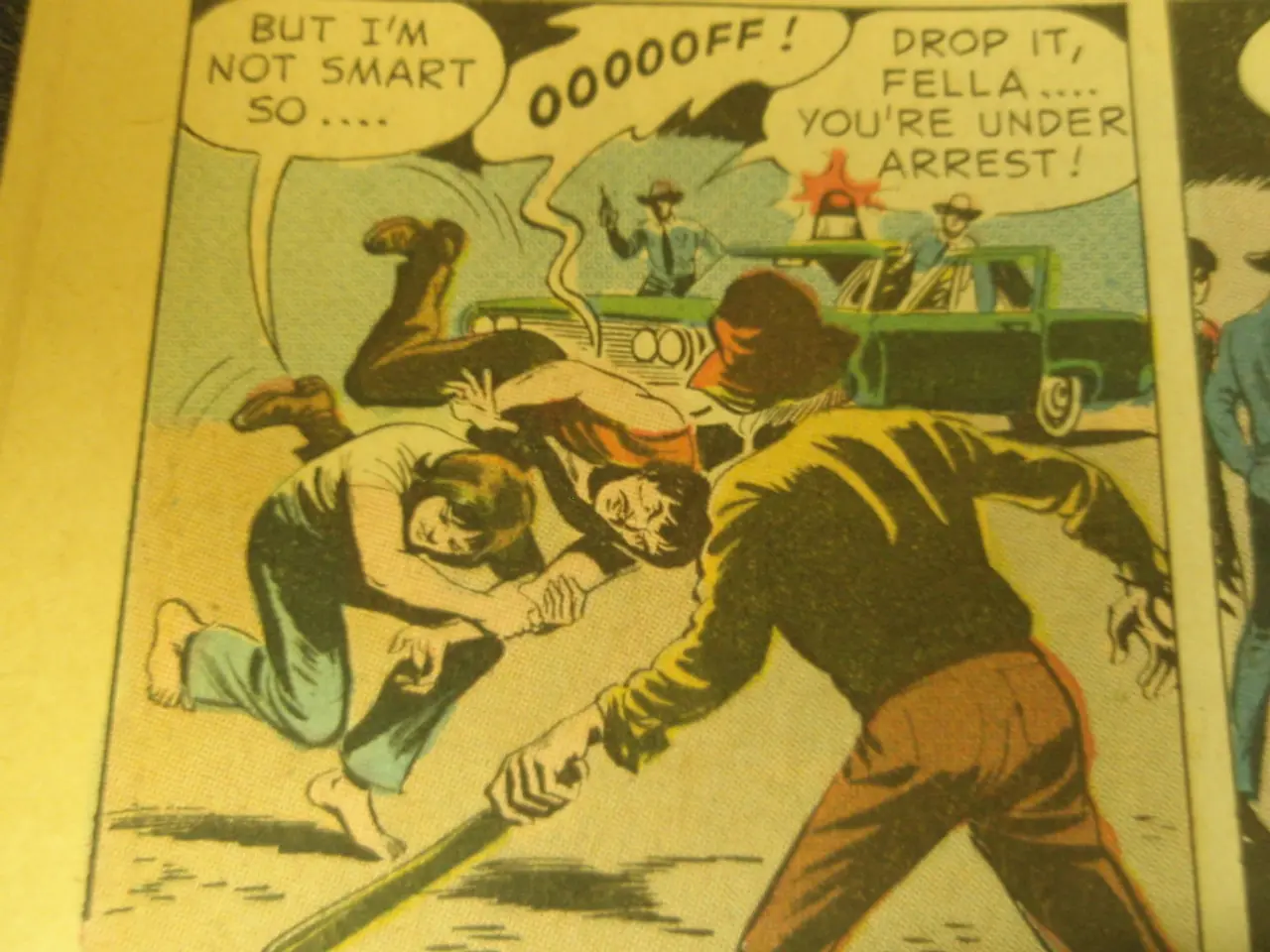Celebrating Two Decades of Revolutionary Television: Weeds, the Show That Transformed Suburban On-screen Storytelling
In August 2005, a groundbreaking television series premiered on Showtime, forever changing the landscape of small-screen storytelling. Weeds, a satire of suburban ideals, ran for eight seasons and 102 episodes, ending in 2012.
At its heart is Nancy Botwin, portrayed by Mary-Louise Parker, a recently widowed housewife who turns to selling marijuana to support her family. Nancy, one of the earliest female anti-heroes in TV history, embodies a flawed protagonist who navigates complex personal and social terrains, breaking away from traditional portrayals of women on television.
Weeds blended dark comedy, crime drama, and suburban satire to explore morally ambiguous themes, drawing inspiration from earlier anti-hero centered shows like The Shield and The Sopranos. This innovative approach pushed traditional television storytelling into more nuanced, character-driven territory.
The show also stood out for its satirical exploration of suburban life and its social commentary. Using Nancy’s illegal activities as a lens, Weeds critiqued middle-class suburban norms, evolving its storylines and settings but maintaining a core focus on Nancy’s complex character arc.
Weeds paved the way for subsequent television series to portray women as anti-heroes — leaders with significant flaws and agency who are neither purely villainous nor heroic. The demand for diverse, layered female characters in TV drama owes some debt to Weeds’ pioneering role during its era. Later projects by its creator Jenji Kohan, such as Orange Is the New Black, further explored and popularized this trend.
Throughout its run, Weeds presented a series of memorable characters and moments. Nancy becomes involved with a DEA agent and later a Mexican drug lord in seasons 2-3. In seasons 4-5, the family moves to a beach town near the U.S.-Mexico border. Elizabeth Perkins' portrayal of the PTA queen gone rogue, Celia, was equal parts hilarious and horrifying. Nancy also operates an iconic ice cream truck front for her pot-dealing business.
As Weeds celebrates its 20th anniversary, it's worth revisiting Nancy Botwin's world to appreciate how much she and the show reshaped television storytelling. Two decades later, Weeds still inspires debate about whether Nancy was a feminist icon or a cautionary tale, and whether the show glorified drugs or exposed hypocrisy.
In the final season, set in the future, Nancy has become a legal weed entrepreneur. Weeds has found a second life on platforms like Netflix and Hulu, where new audiences continue to discover its fast-paced, boundary-breaking narrative.
Rumours of a Weeds sequel series have circulated since 2019, with Mary-Louise Parker set to return. However, updates have been sparse. Regardless, the legacy of Weeds lives on, influencing a generation of television shows that follow women navigating crime and chaos, with the rise of "mom crime" and morally ambiguous female leads traceable back to Nancy Botwin.
- The blend of dark comedy, crime drama, and satire in the series Weeds, with its exploration of morally ambiguous themes, is often compared to other pioneering shows in pop-culture TV entertainment, such as The Sopranos and The Shield.
- Weeds, through its groundbreaking portrayal of the flawed character Nancy Botwin, paved the way for more diverse and layered female characters in television, including in subsequent projects by its creator Jenji Kohan, like Orange Is the New Black.
- Even as rumors of a Weeds sequel series circulate, the original show's influence on the representation of women in entertainment, particularly in crime-focused television dramas, continues to be felt, with the rise of "mom crime" and morally ambiguous female leads often traced back to Nancy Botwin.







